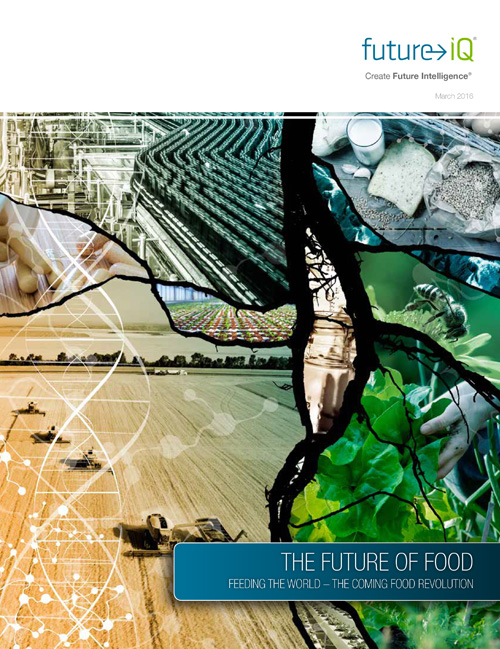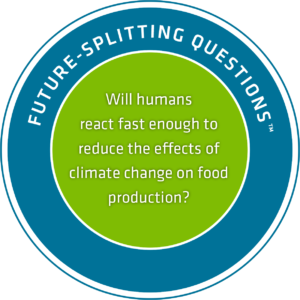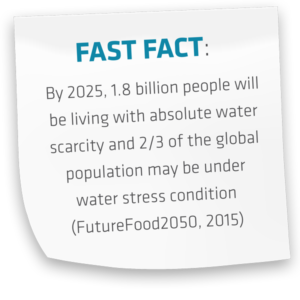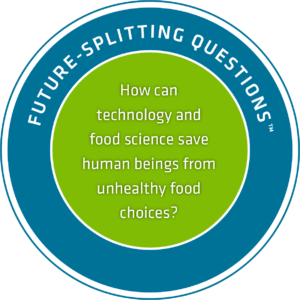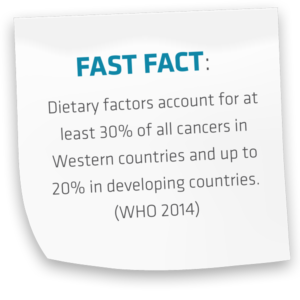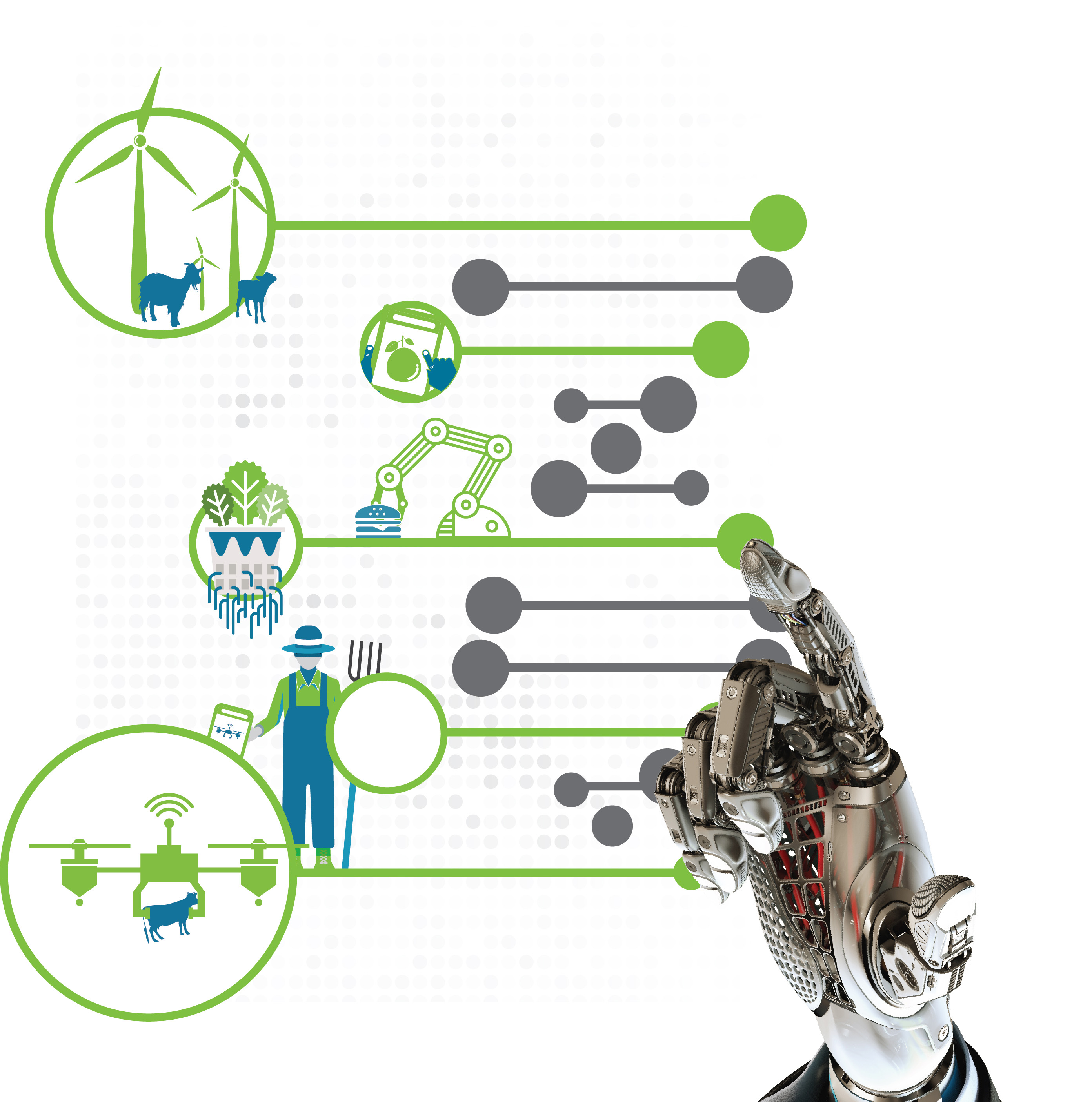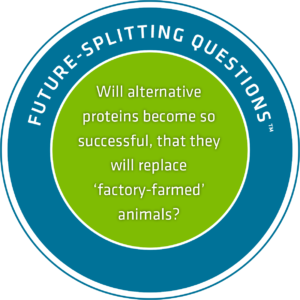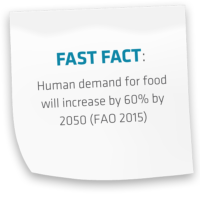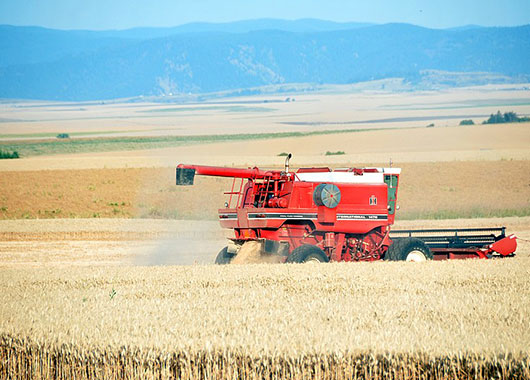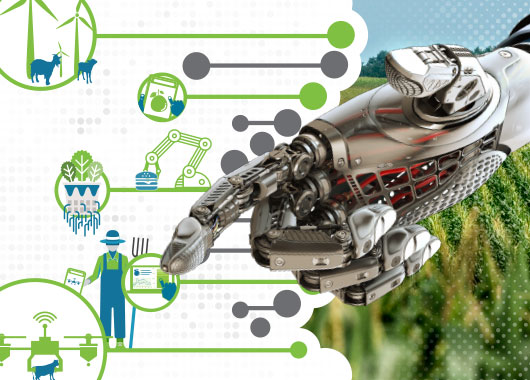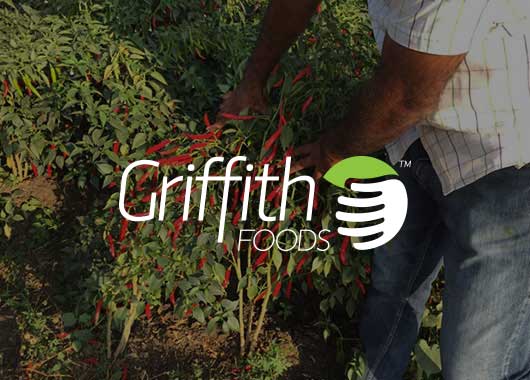A range of converging powerful forces are fundamentally redefining how humanity lives, and are reshaping what we eat, and where and how our food will be grown.
The Future of Food lays out some of the key drivers of change and concludes that the global food system is at a major tipping point. The Future of Food poses some hard questions and outlines predictions for the future of food looking out over the next thirty years.



